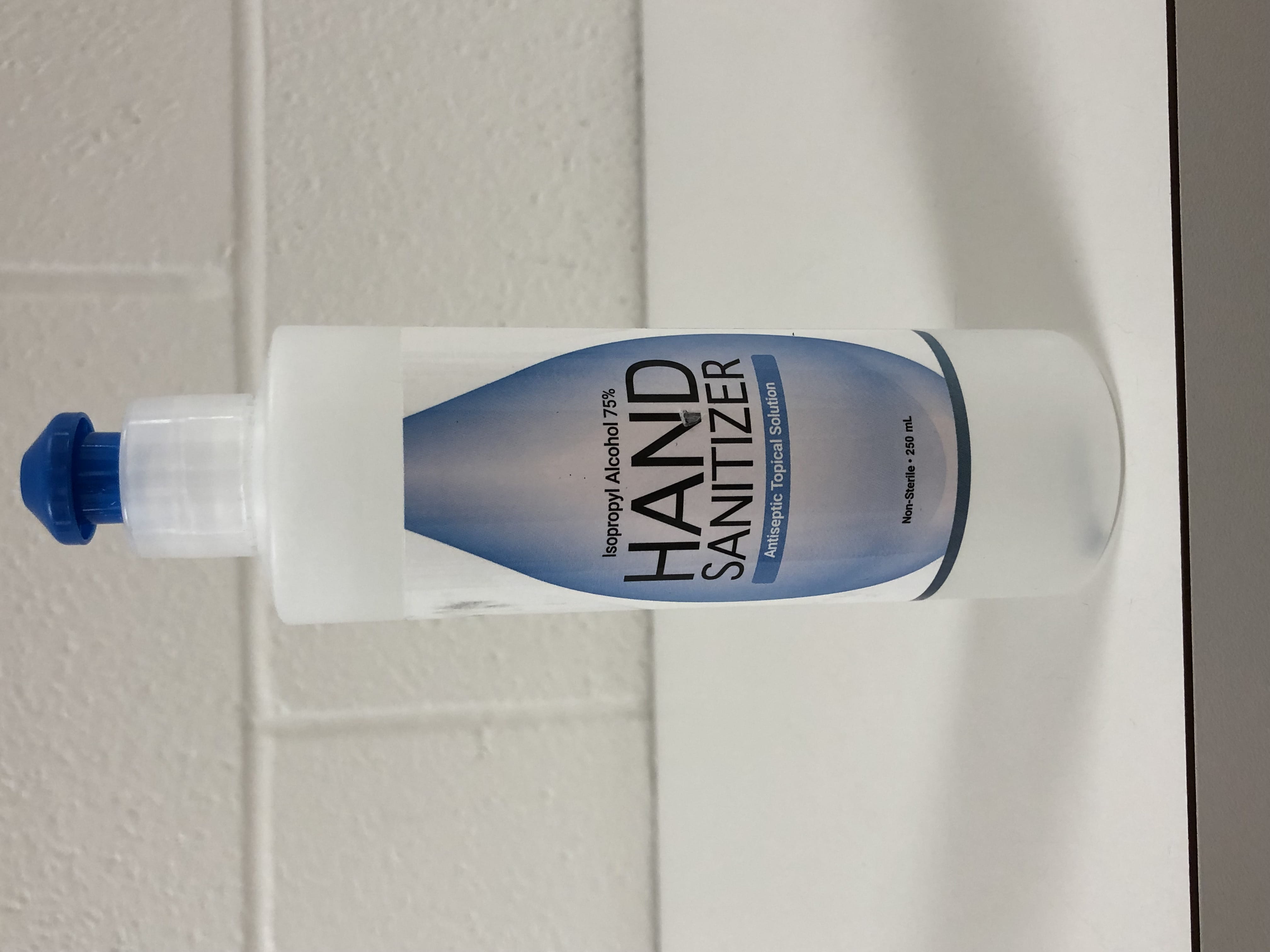
Whitmer declares August as National Breastfeeding Month
Press Release FOR IMMEDIATE RELEASE: August 2, 2021 CONTACT: Chelsea Wuth, 517-241-2112, [email protected] Governor Whitmer declares August as National Breastfeeding Month LANSING, Mich. – Michigan is committed to encouraging a strong foundation for life in all infants by supporting breastfeeding mothers for the first year of their child’s life and beyond. As part of this commitment, Gov. Gretchen Whitmer is declaring August 2021 as Breastfeeding Awareness Month. “During Breastfeeding Awareness month this August, which includes Native Breastfeeding Week and Black Breastfeeding Week, we recommit ourselves to pursue equity for breastfeeding moms, including additional support and resources for Black and Native breastfeeding mothers,” said Gov. Gretchen Whitmer. “We are dedicated to broadening public understanding of the critical impact breastfeeding has on improving the health of infants and mothers and reducing infant mortality rates within minority communities.” Breastfeeding provides countless benefits to the nursing infant including easy digestion, production of antibodies and reduced risk of infections and childhood obesity. It also offers faster recovery from birth and reduced risk for postpartum hemorrhage and uterine cancer to the breastfeeding mother. Disparities in breastfeeding rates and other maternal and infant health outcomes are more evident for Black and Indigenous families than for other Michigan families. Increased efforts highlighting increased support for breastfeeding are part of Governor Whitmer’s Healthy Moms Healthy Babies initiative. Ways to support breastfeeding include advocating for paid maternity leave and adequate pumping time while at work and school, and by bolstering Baby Friendly hospitals. National Breastfeeding Month is also a time to highlight under-resourced communities where families do not have equal access to support, care and education. Although 86.9% of Michigan families initiate breastfeeding, only 58% are still breastfeeding at three months. Barriers, such as lack of access to supportive healthcare and childcare providers and lack of paid work leave, often lead to early weaning. Additionally, there are fewer lactation professionals from communities of color. According to the Centers for Disease Control and Prevention, Black infants are 20% less likely to have ever received breast milk than any other race. In Michigan, seven of every 1,000 babies born die by age one, and among Black babies, the number is more than double. Between 80 and 90 maternal deaths occur each year with Black women dying 2.4% more often. “Proper nutrition for infants is critical for their growth and development, and it is important for hospitals, business, communities and coalitions to work together to provide consistent support for breastfeeding mothers in Michigan,” said Dr. Joneigh Khaldun, chief medical executive and Michigan Department of Health and Human Services chief deputy for health. “Supporting breastfeeding is about the health of our entire community, so it is important that businesses and communities implement policies and provide an environment that supports a family’s breastfeeding goals.” Michigan is committed to improving outcomes for breastfeeding mothers and supporting community health workers such as community-based doulas and the WIC Peer Counseling support program help diversify lactation support and increase breastfeeding rates in local communities across the state. The State of Michigan WIC program is celebrating National Breastfeeding Month with the theme, “Why WIC for Breastfeeding?” WIC supports breastfeeding in the following ways:
For additional information, visit the Michigan Breastfeeding Network. |




 LANSING, MI – Today, the Michigan Department of Agriculture and Rural Development (MDARD) issued a Stop-Use and Stop-Removal Order for Purella brand hand sanitizer after finding the products do not protect the public and do not comply with the standards in the Michigan Weights and Measures Act, 1964 Public Act 283.
LANSING, MI – Today, the Michigan Department of Agriculture and Rural Development (MDARD) issued a Stop-Use and Stop-Removal Order for Purella brand hand sanitizer after finding the products do not protect the public and do not comply with the standards in the Michigan Weights and Measures Act, 1964 Public Act 283.